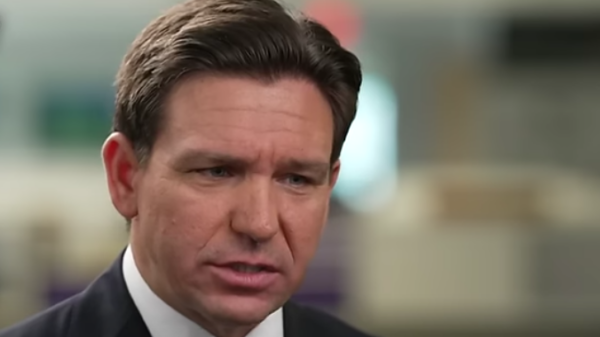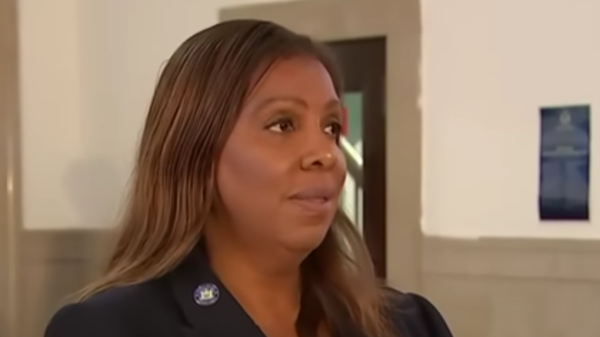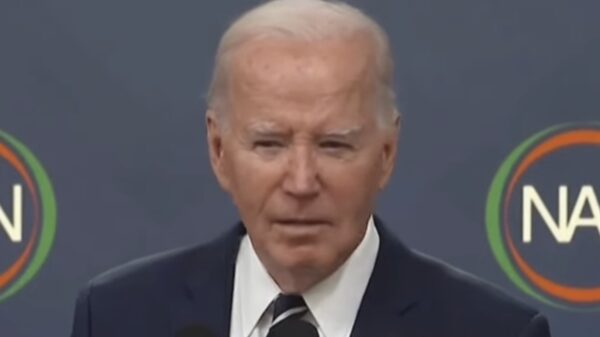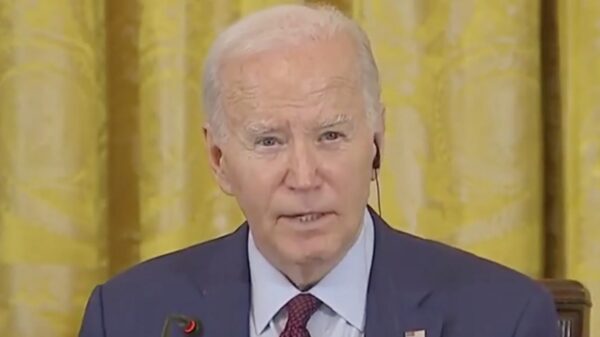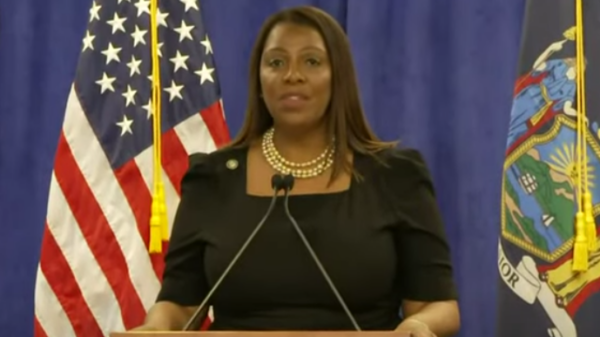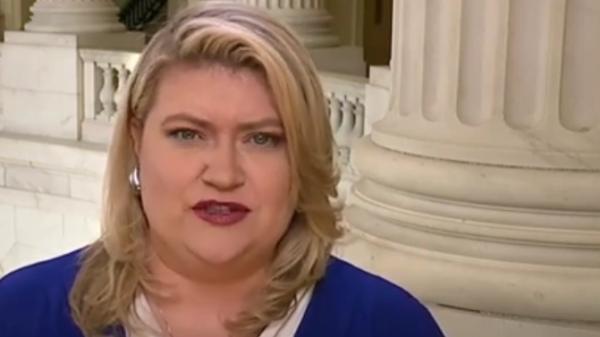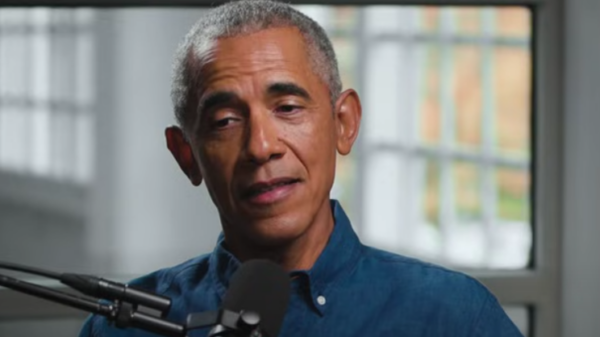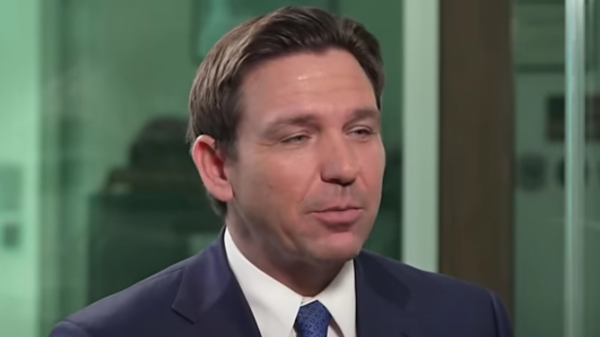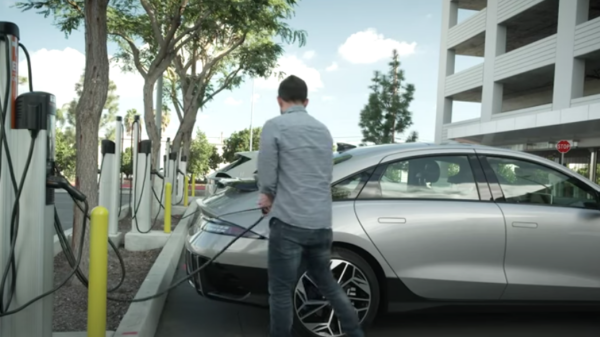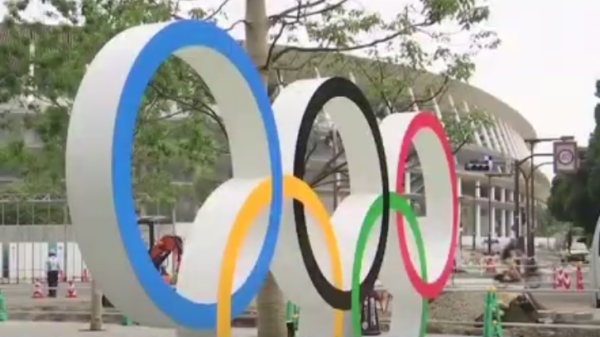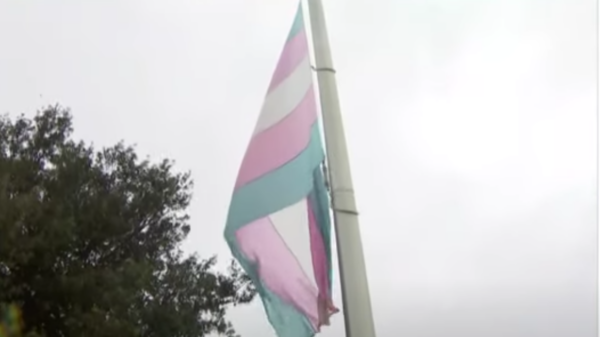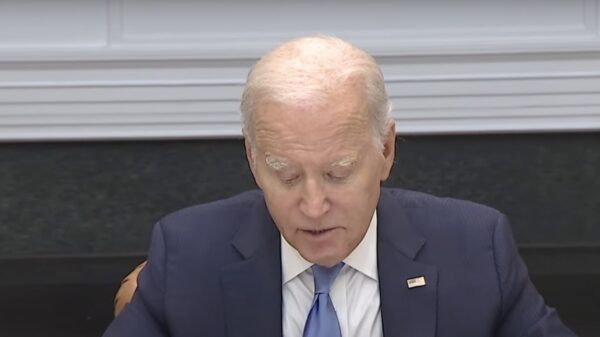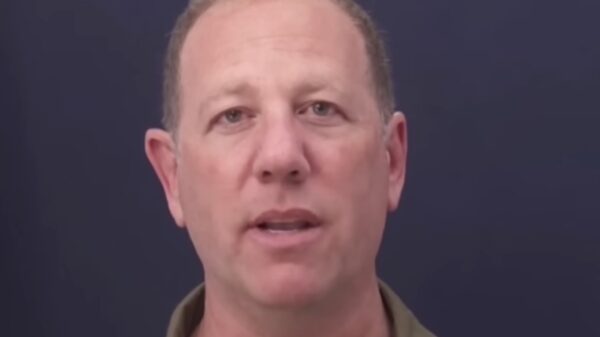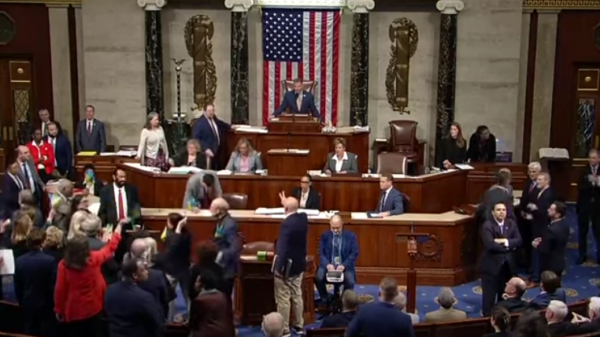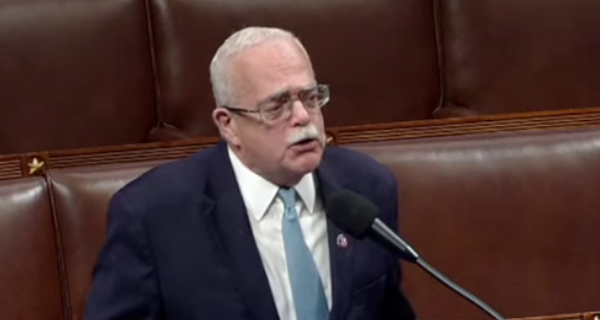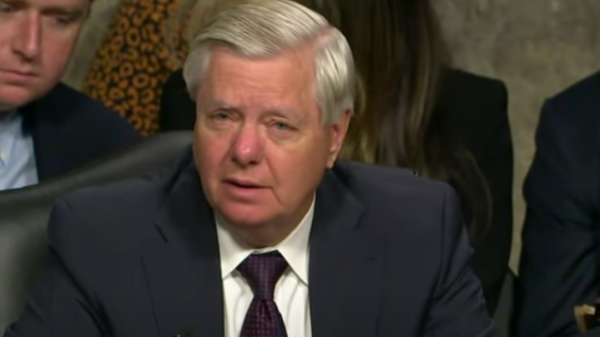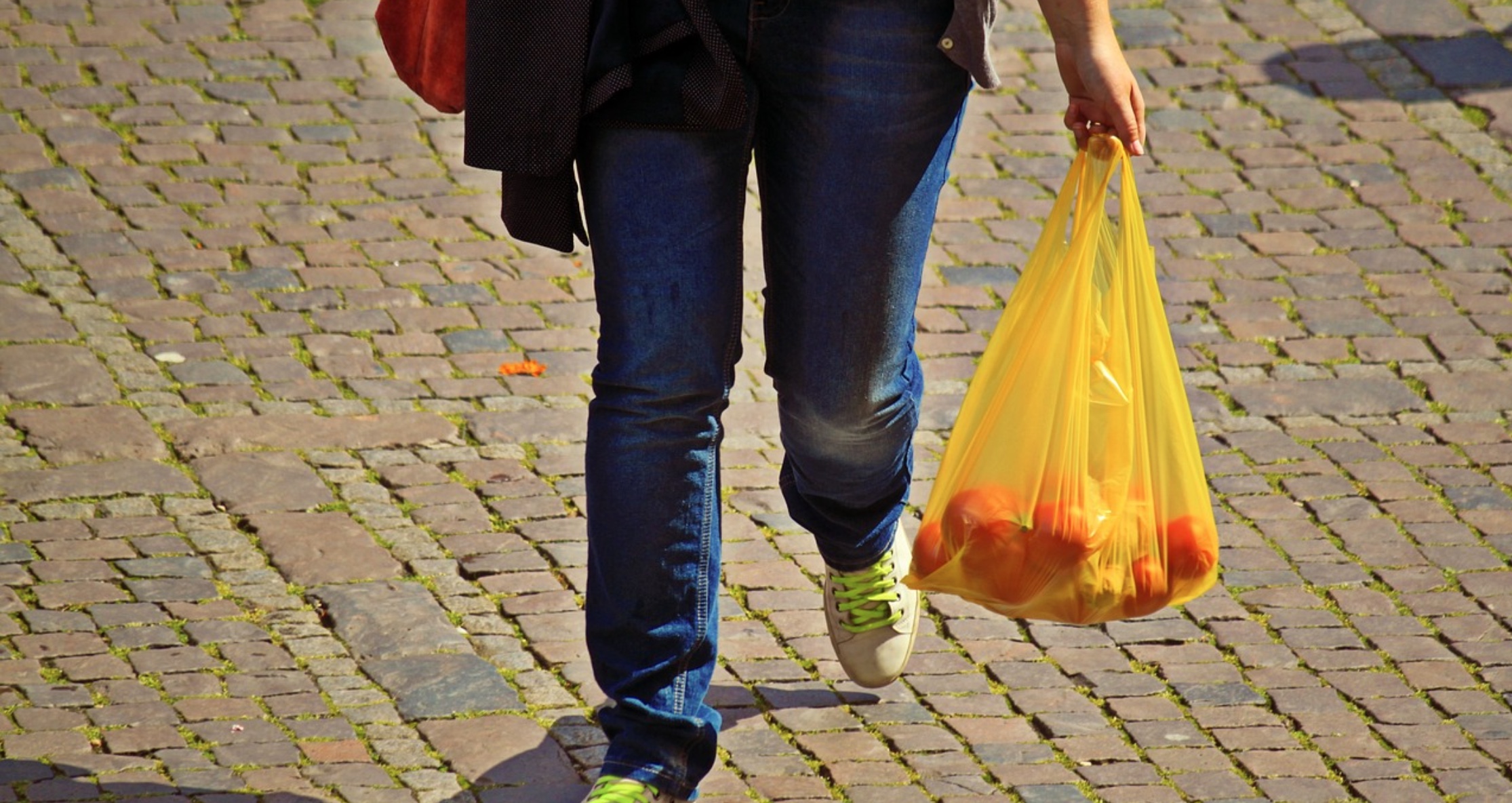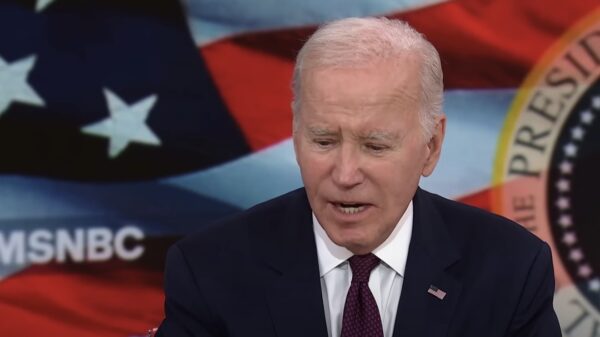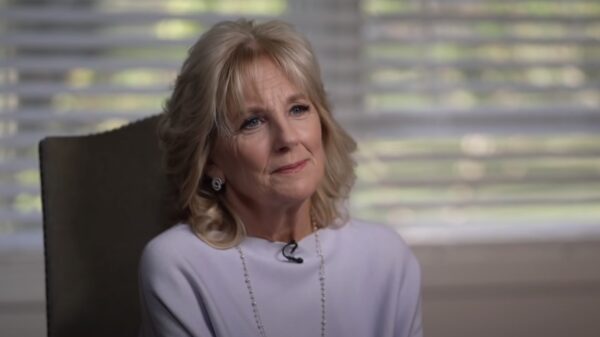A study revealed that New Jersey’s ban on single-use plastic bags led to a nearly threefold increase in plastic consumption for bags due to the shift to alternative bags.
Freedonia Custom Research (FCR), a business research division for MarketResearch.com, reported, “Following New Jersey’s ban of single-use bags, the shift from plastic film to alternative bags resulted in a nearly 3x increase in plastic consumption for bags.”
Gov. Phil Murphy said, “Plastic bags are one of the most problematic forms of garbage, leading to millions of discarded bags that stream annually into our landfills, rivers and oceans.”
“With today’s historic bill signing, we are addressing the problem of plastic pollution head-on with solutions that will help mitigate climate change and strengthen our environment for future generations,” he continued.
Despite the ban’s intention to reduce plastic waste, shoppers’ use of reusable bags has not met the expected environmental impact.
The ban has caused a significant spike in plastic consumption, with the average New Jerseyan only reusing the bags two to three times before discarding them.
Furthermore, the production of alternative bags has led to a 500% increase in greenhouse gas emissions.
A New Jersey resident said, “I keep them in the basement.”
“I have another bag by the door in case I go out to the farmer’s market. Most of them are brand new, even have the tag on them. I use them one time but don’t throw them out,” she added.
According to the study, “[Six times] more woven and non-woven polypropylene plastic was consumed to produce the reusable bags sold to consumers as an alternative. Most of these alternative bags are made with non-woven polypropylene, which is not widely recycled in the United States and does not typically contain any post-consumer recycled materials. This shift in material also resulted in a notable environmental impact, with the increased consumption of polypropylene bags contributing to a 500% increase in greenhouse gas (GHG) emissions compared to non-woven polypropylene bag production in 2015.”
To have a positive impact, researchers suggest that shoppers would need to reuse the bags at least 16 times.
Retailers have seen substantial profits from the ban.
This situation in New Jersey reflects a broader trend, as other states have also implemented similar bans on single-use plastic bags.
Read Also:
Sports Legend Silences Vax Heckler With 1 Move
Trans Athlete Wins Women’s Division, Stirs Controversy



